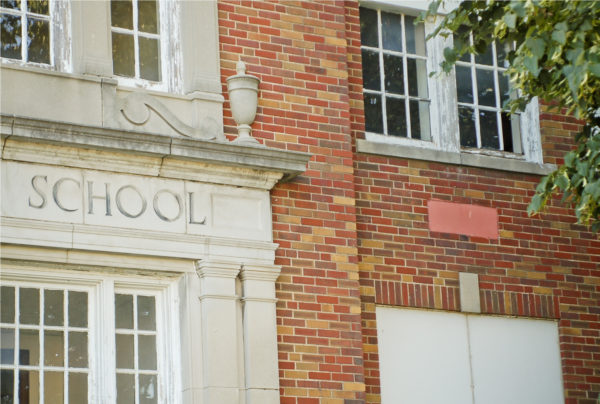Public school parents who are “very dissatisfied” with their child’s school are 2.5 times more likely to switch to a charter school than parents who are “very satisfied,” according to a new study by scholars at Rice University’s Jones Graduate School of Business.
Specifically, among parents who are “very dissatisfied,” 57 percent were “very/somewhat” likely to switch to a charter school, compared with 22 percent of the parents who are “very satisfied.”
The inaugural 2017 Collaborative for Customer-Based Execution and Strategy (C-CUBES) Benchmark K-12 School Study is based on a nationally representative online survey of 7,259 parents conducted during October through November.
The goal of the ongoing study is to provide an evidence-based approach to incorporate the stakeholder input in strategic planning and execution for public schools. The margin of error was plus or minus 1 percent at the 95 percent level of confidence.
(Next page: How do parents view the education their children will receive in charter schools?)
The C-CUBES study found that 66 percent of the parents surveyed “somewhat/completely” agree that more school choice is always better.
Thirty-six percent of the parents surveyed “somewhat/completely” agree that charter schools provide a better education than public schools. Given the opportunity, 35 percent “somewhat/completely agree” that they would prefer to send their child to a charter school.
However, parents are also wary of charter schools, with 39 percent “somewhat/completely” agreeing that opening a charter school can hurt public schools by taking away high-performing kids. Thirty percent “somewhat/completely” agreed that charter schools have a negative effect on neighborhood public schools.
“Public schools should implement a customer-based framework to attract and retain families,” says study leader Vikas Mittal, the J. Hugh Liedtke Professor of Marketing at Rice. “Most successful service providers retain customers by increasing overall satisfaction. Many public schools are inwardly focused and do not systematically understand customer satisfaction and its drivers. They jump from initiative to initiative, caught in a downward spiral of declining customer satisfaction and defection to charter schools. According to our study, the biggest drivers of overall satisfaction include family and community engagement, safety, and teachers. Instead, many public schools focus on extracurricular activities to enhance overall satisfaction, even though it is the least important area for public-school families.”
According to the National Center for Education Statistics, overall public charter school enrollment has tripled since fall 2004. As such, “public schools are under intense pressure to retain and serve families,” says Mittal.
Additional members of the research team include Jihye Jung at Rice and Shrihari Sridhar and Yixing Chen at Texas A&M University.
C-CUBES released its first study on public schools and parent satisfaction, which focused on family and community engagement, Nov. 29. A summary can be viewed here. A second study, released Dec. 5, found that public schools are less likely to earn an A or A-plus from parents than private or charter schools are.
Material from a press release was used in this report.
- A look at AI use in schools across the country - November 18, 2024
- 5 ways your classroom environment boosts student engagement - November 14, 2024
- Federal toolkit targets safe, ethical AI use in classrooms - November 11, 2024


